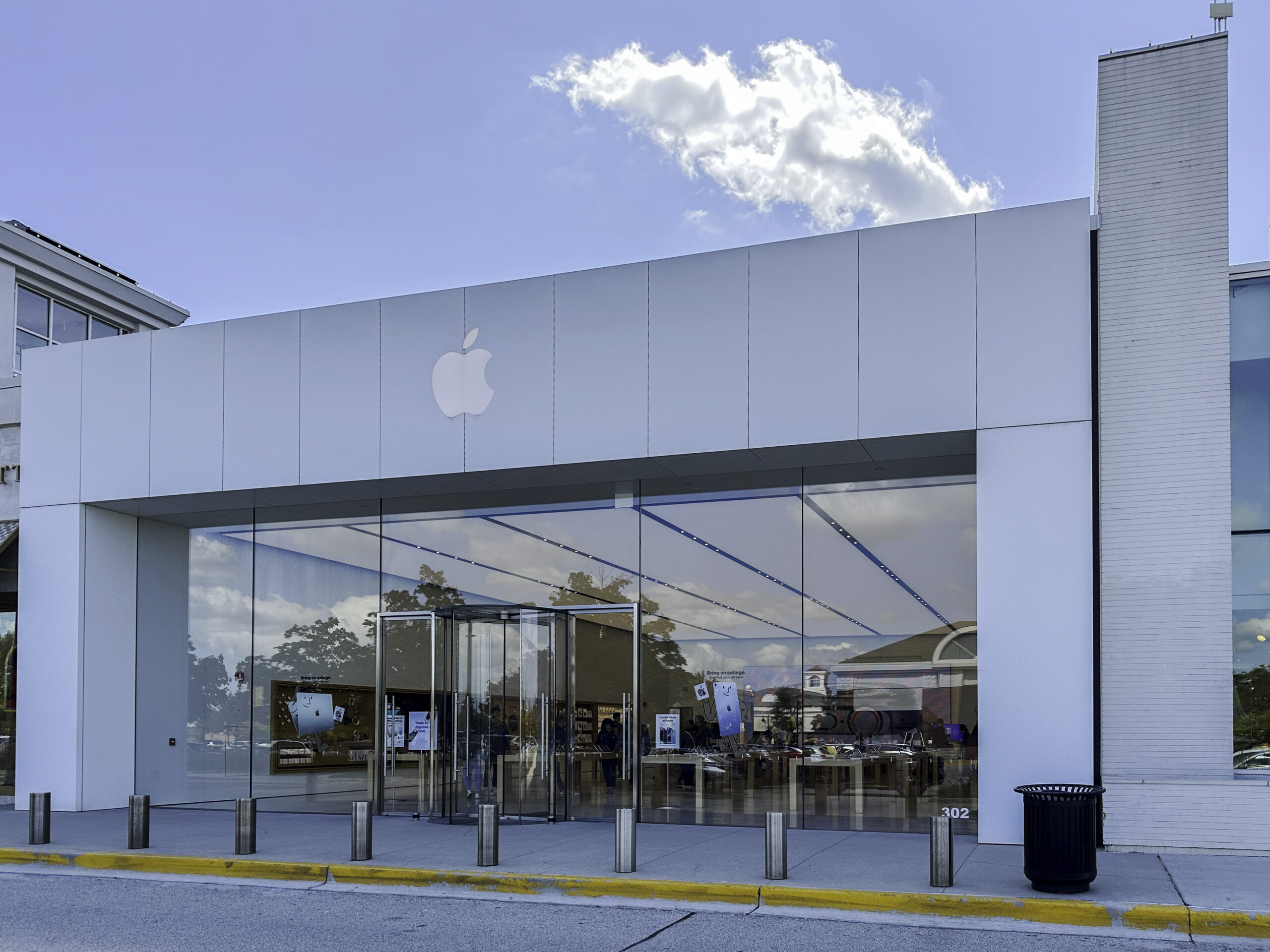The DoJ’s Lawsuit Against Apple Follows the EU’s Playbook

After months of speculation and a four-year investigation, the Department of Justice’s (DoJ) Antitrust Division, alongside multiple state & district attorneys general, filed a lawsuit against Apple. In its suit, the DoJ is accusing the company of violating antitrust laws by blocking rivals from accessing hardware and software features of its iPhone. This is the most recent example of U.S. authorities taking a more interventionist approach to innovative markets, following other digital sector lawsuits by the DoJ and the FTC last fall.
This lawsuit marks the third time the DoJ has targeted Apple in the last 15 years. However, it is the first instance where the DoJ alleges that the company is maintaining a monopoly position illegally. Here, the DoJ contends that Apple has leveraged its products to ensure the iPhone keeps its position in the device market. Some of the alleged conduct include the Apple Watch’s performance with iPhones and other smartphones, Apple’s limits for its iMessage service with other devices, and Apple’s payments system on the App Store.
These features have been a key differentiator of the iOS ecosystem for consumers: a managed, integrated, seamless experience that “just works.” Consumers that prefer more open ecosystems have alternatives to choose between, which compete against the more curated iOS environment. Depending on what consumers most desire, they choose between ecosystems, trading off different attributes depending on their needs.
Regardless of how the DoJ perceives Apple’s mobile success, the fact is that many consumers prefer Apple’s iPhone over that of competitors. While antitrust law is not a popularity contest, the fact that Apple products are so widely celebrated by consumers underscores the challenge enforcers will face in demonstrating meaningful evidence of consumer harm.
The lawsuit comes at a time when Apple is on the receiving end of regulatory intervention in the European Union, shortly after the controversial Digital Markets Act fully entered into force and concurrent with newly announced investigations. The current Administration has increasingly followed the EU’s lead on regulatory action, including with the DMA. In fact, many members of Congress have expressed concern that the Administration has become unduly solicitous to foreign regulators at the expense of U.S. exports.
At a time when American companies are being disproportionately targeted by regulatory measures abroad, federal agencies seem more focused on leveraging similar concessions from U.S. companies as those extracted on the other side of the Atlantic than encouraging one of the strongest export sectors in the U.S. economy. This raises the question: why should U.S. policymakers follow the lead of a region with few innovators, whose leading export is regulation, when the U.S. is the leading global exporter of innovative new technology?
Of course, antitrust enforcement continues to have an important role in the economy, but its administration should focus on the welfare of consumers, using objective metrics like lower prices, higher quality, and greater innovation. This concept of consumer welfare has been the foundation of our antitrust analysis for decades, and with it, the U.S. has led the world with a highly competitive and innovative technology industry. Using objective yardsticks like price, quality, and innovation ensure that regulators aren’t tempted into picking winners and losers in the market, rather than safeguarding the competitive process.
Protracted litigation can be expected before courts decide whether Apple can continue to provide the highly integrated experience that many consumers value. If the DoJ is successful in its suit, that could prevent Apple from offering consumers the unique products and integrated services they love.








